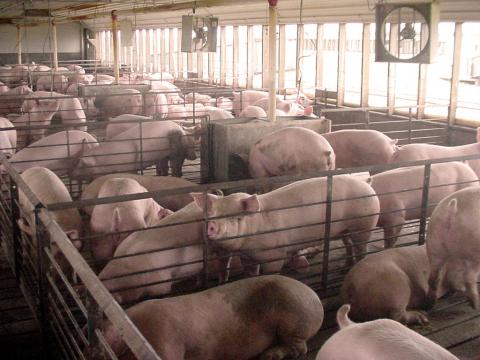
Many people consider one of the cruelest types of animal agriculture to be factory farming, which is an industrialized method of mass-producing animals for sustenance. The animals living in these conditions suffer greatly because they are kept in cramped, dirty quarters with no access to natural light or fresh air. Because of the extreme circumstances, many animals—including pigs, chickens, and cows—are forced to undergo painful mutilations including tail docking and debeaking. The suppression of their innate tendencies causes them great anguish on a physical and mental level.
Meat industry hazards Beyond just abusing animals, factory farming has an adverse effect on the environment and public health. Antibiotic-resistant bacteria are becoming more common in factory farms due to overuse of antibiotics, which is a major threat to public health worldwide.
Meat industry hazards Climate change is largely caused by factory farming from an environmental standpoint.Excessive use of water and land resources, deforestation for feed production, and methane emissions from cattle all contribute to significant environmental degradation. Furthermore, the widespread production of meat contributes to deforestation, which diminishes biodiversity and destroys natural habitats.
More sustainable and compassionate agricultural methods are promoted by groups like the compassionate Foundation in order to allay these worries. People may fight factory farming's cruelty and environmental damage by cutting back on their meat intake, supporting ethical and local farms, and switching to plant-based diets. Making decisions that are more compassionate improves not only the environment and human health, but also the welfare of animals.
https://cruelty.farm/
https://cruelty.farm/
